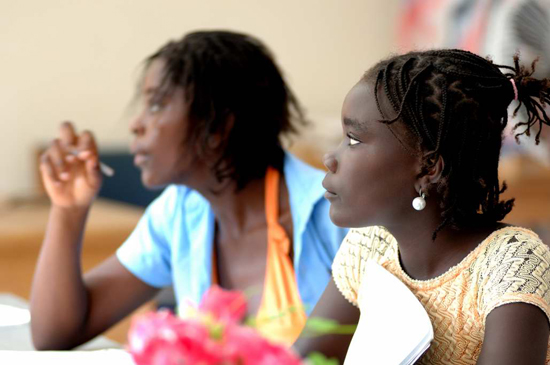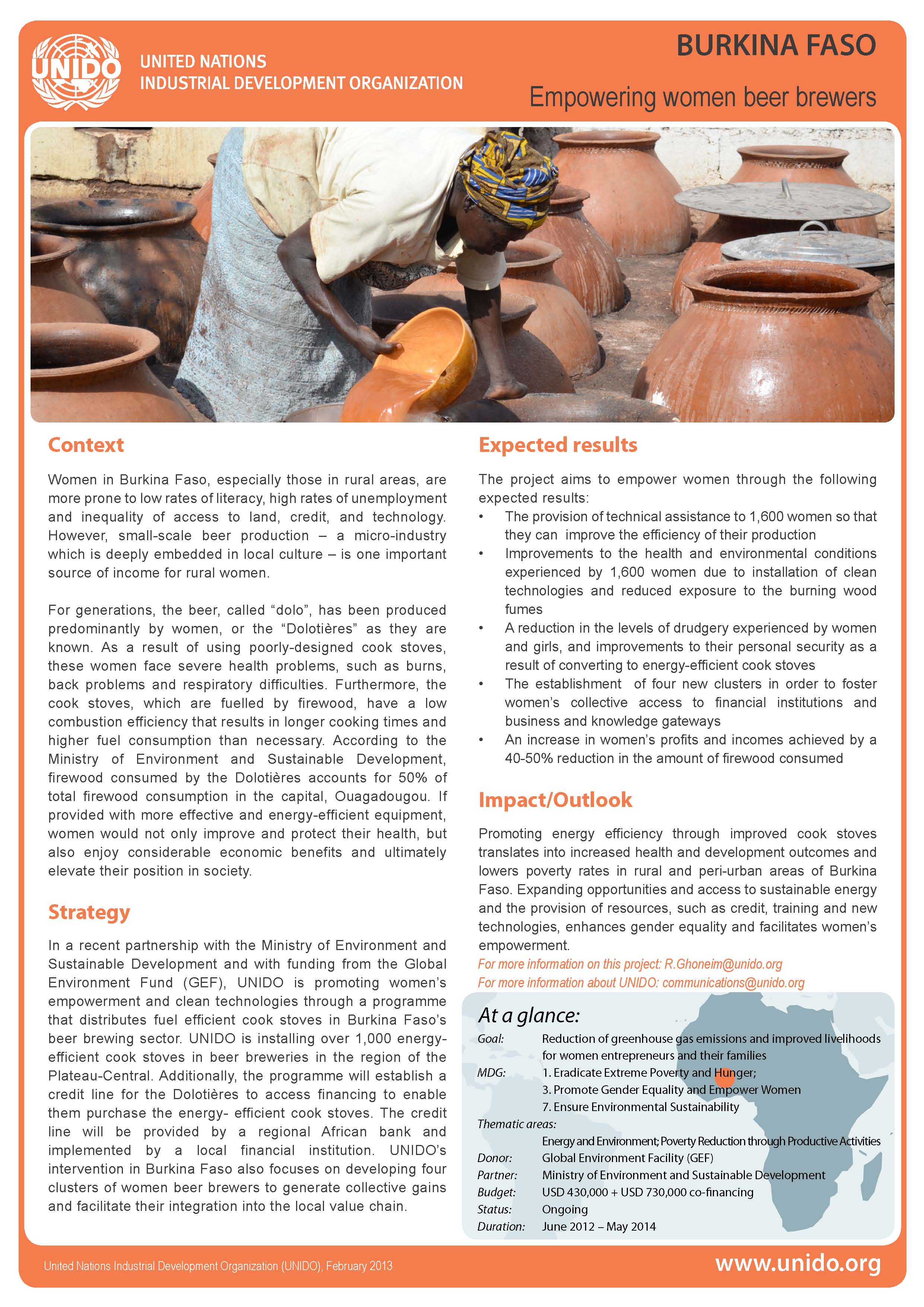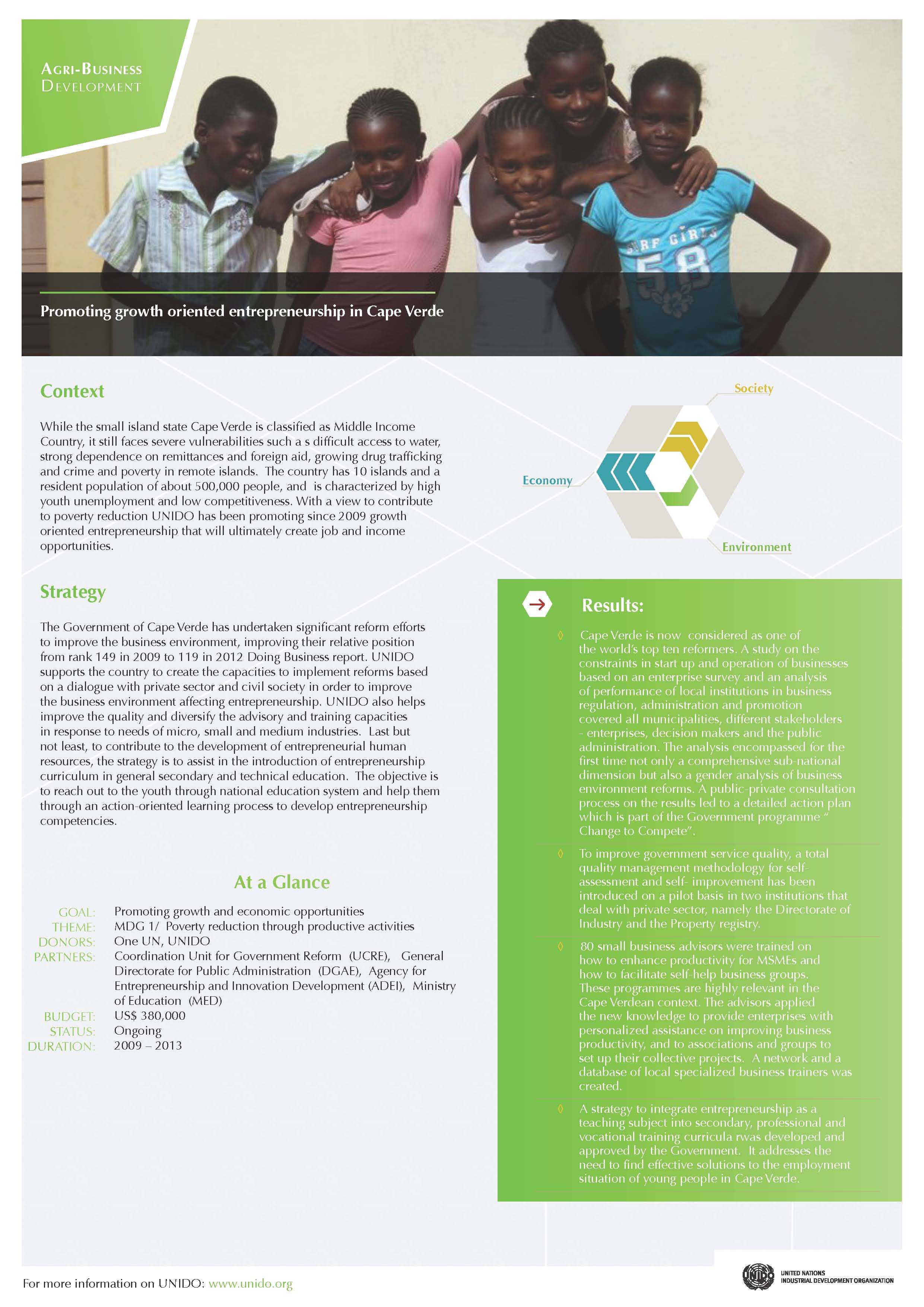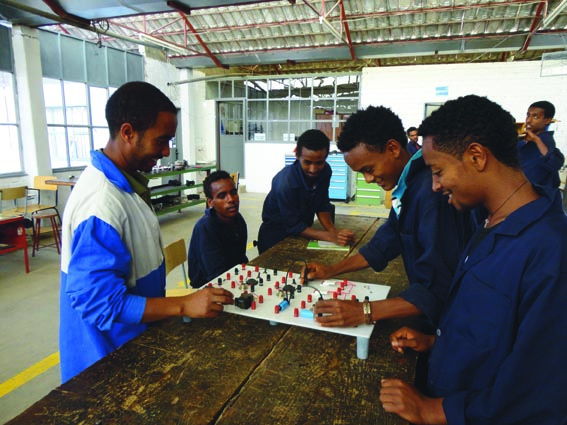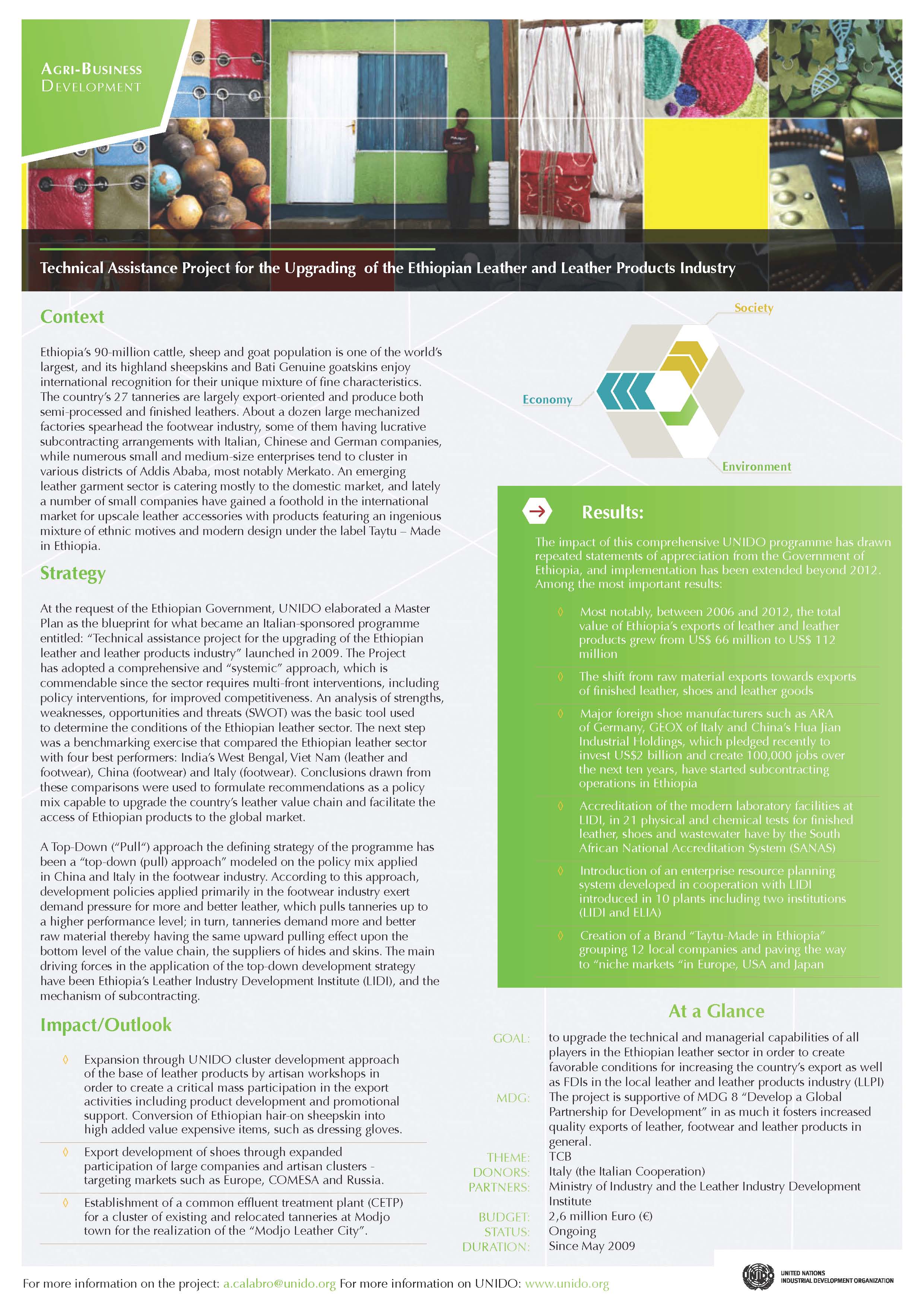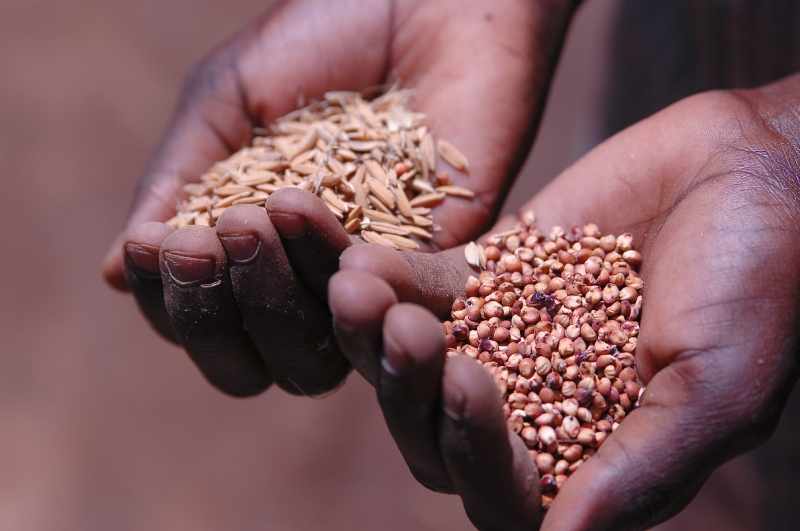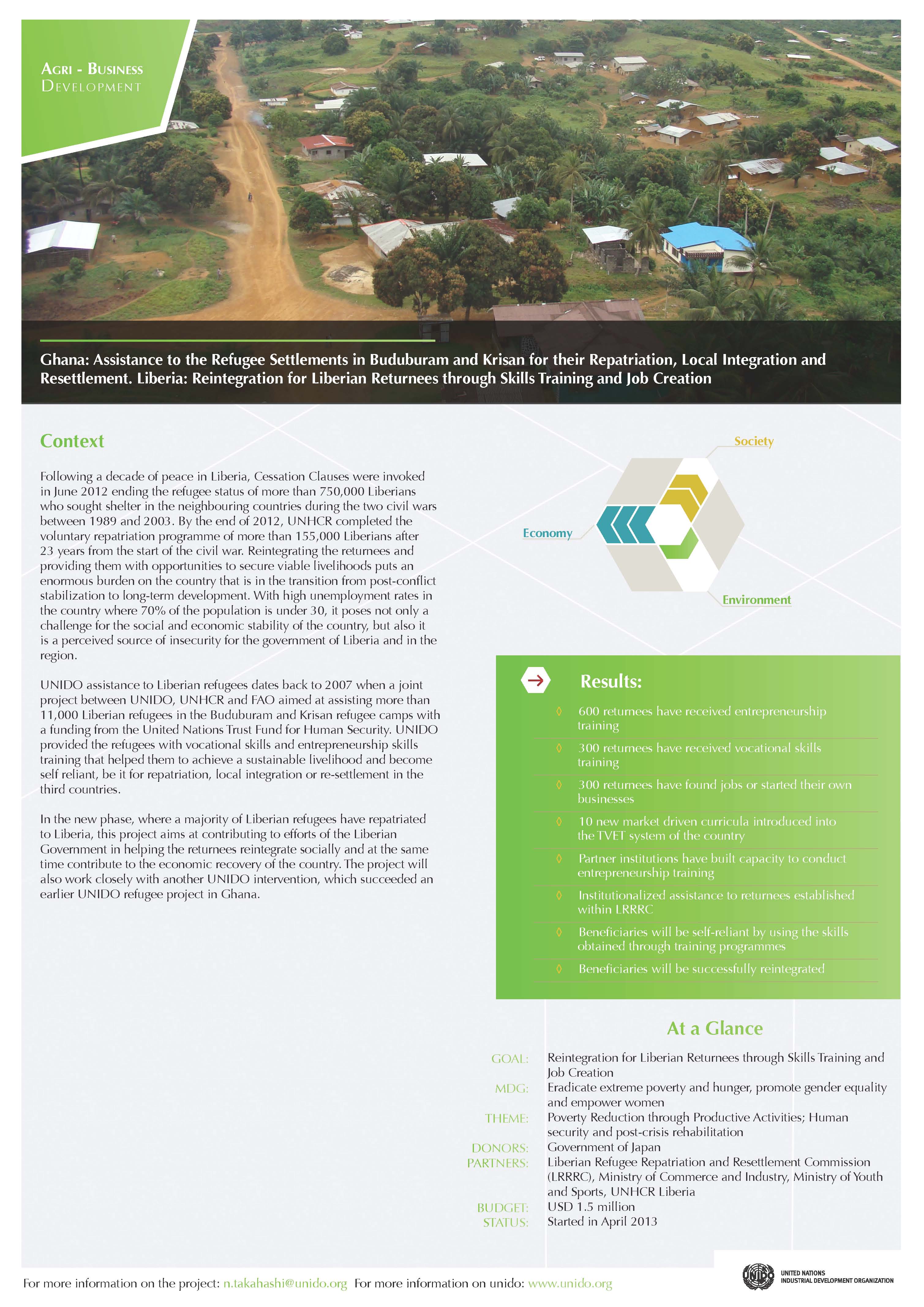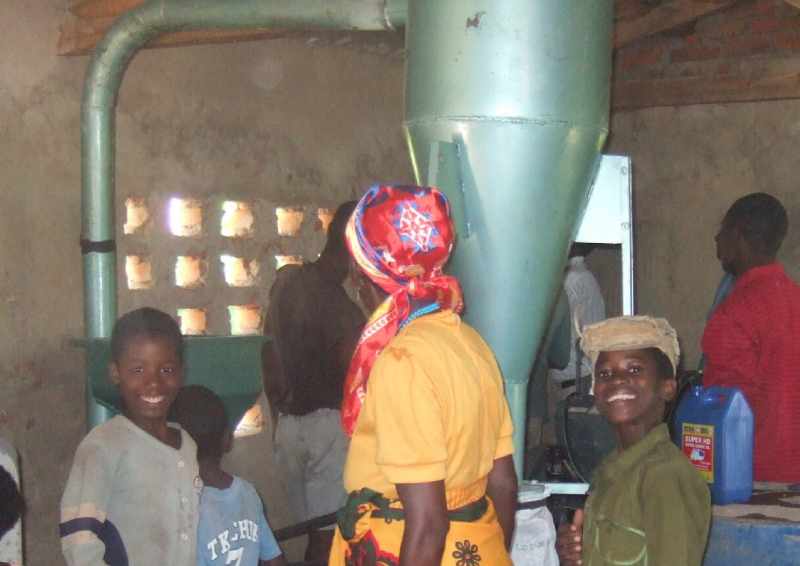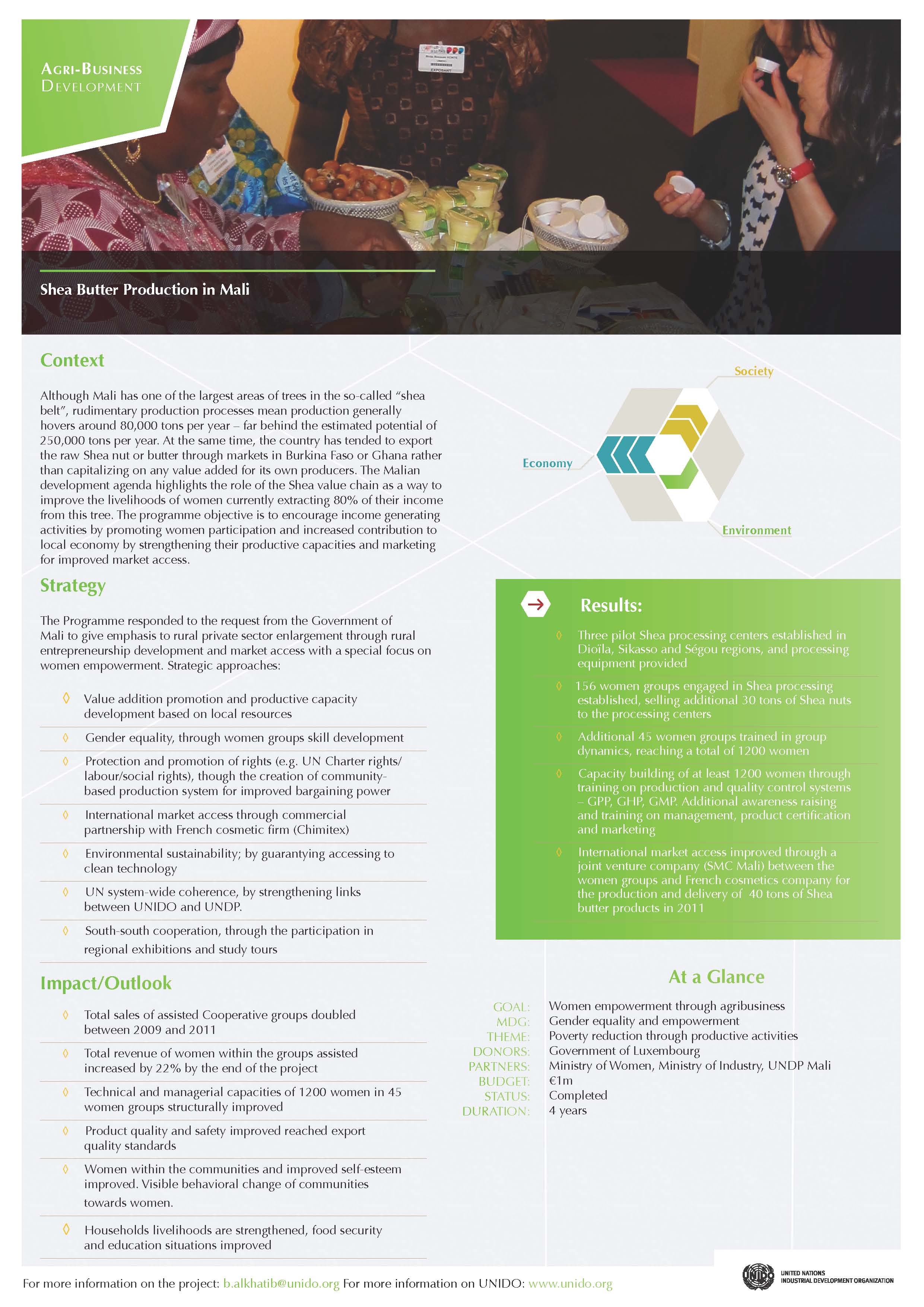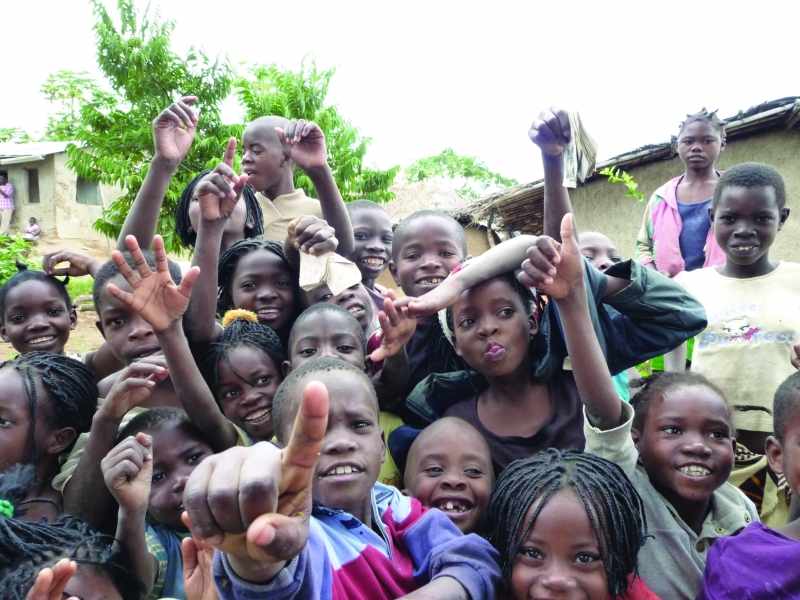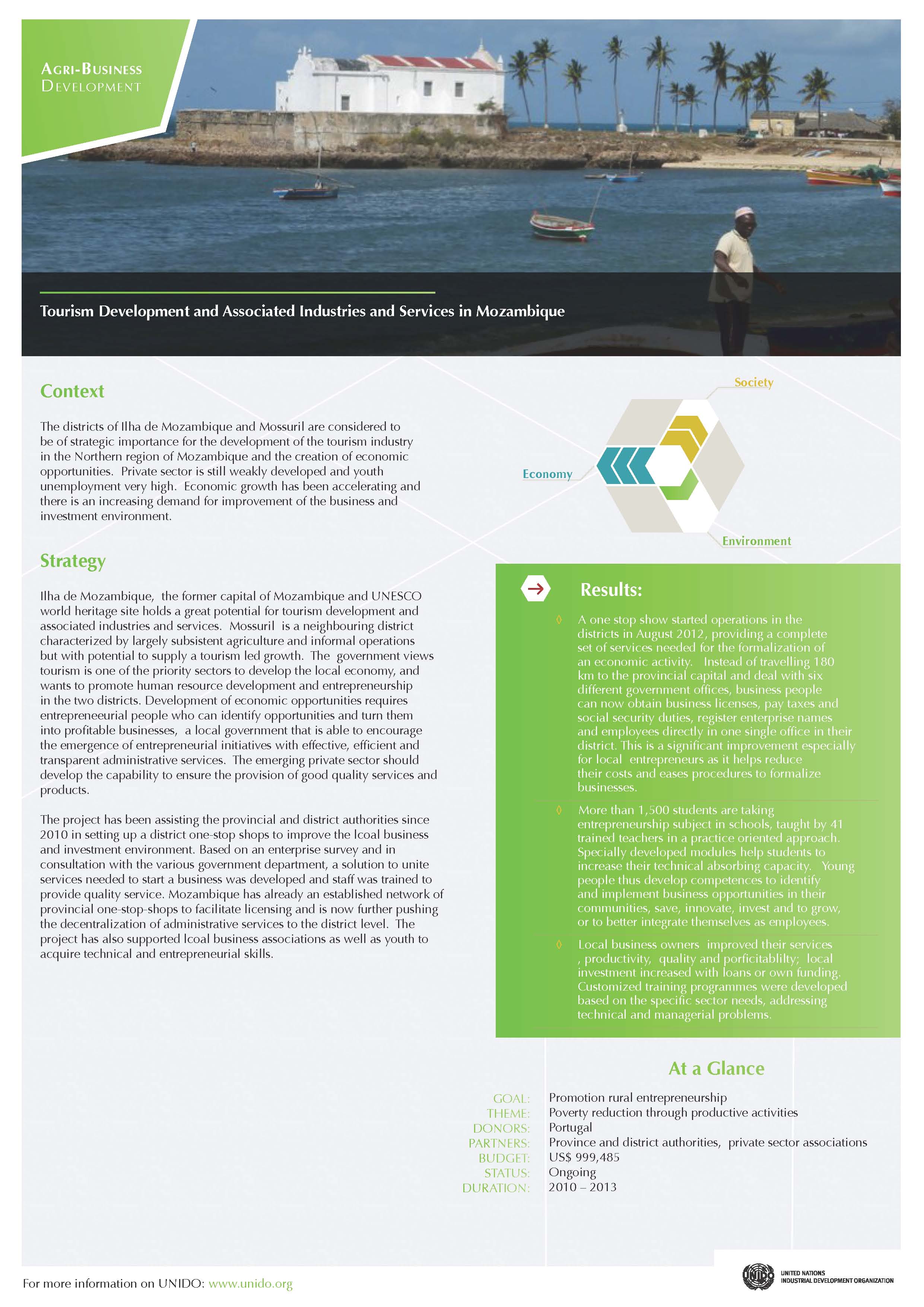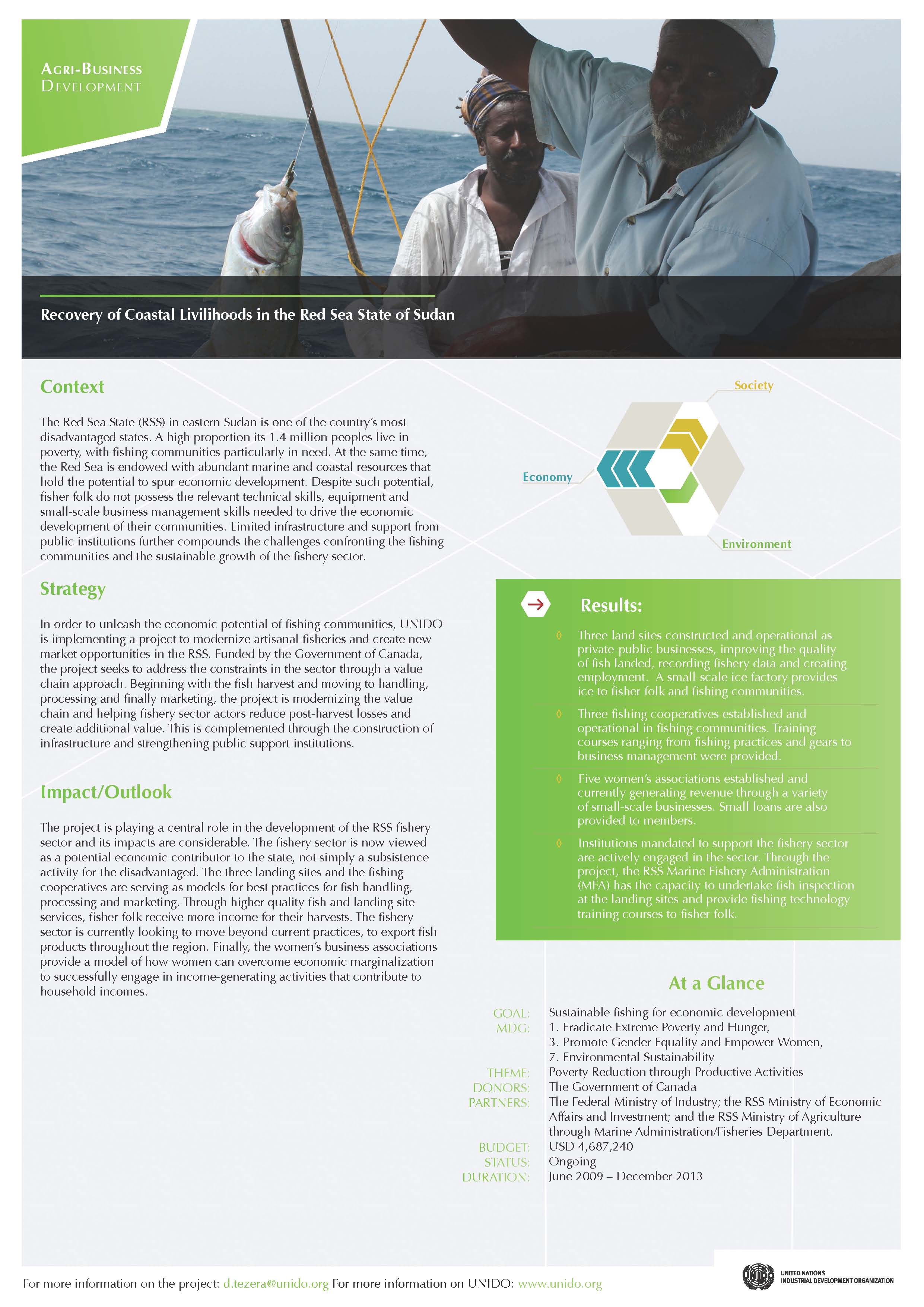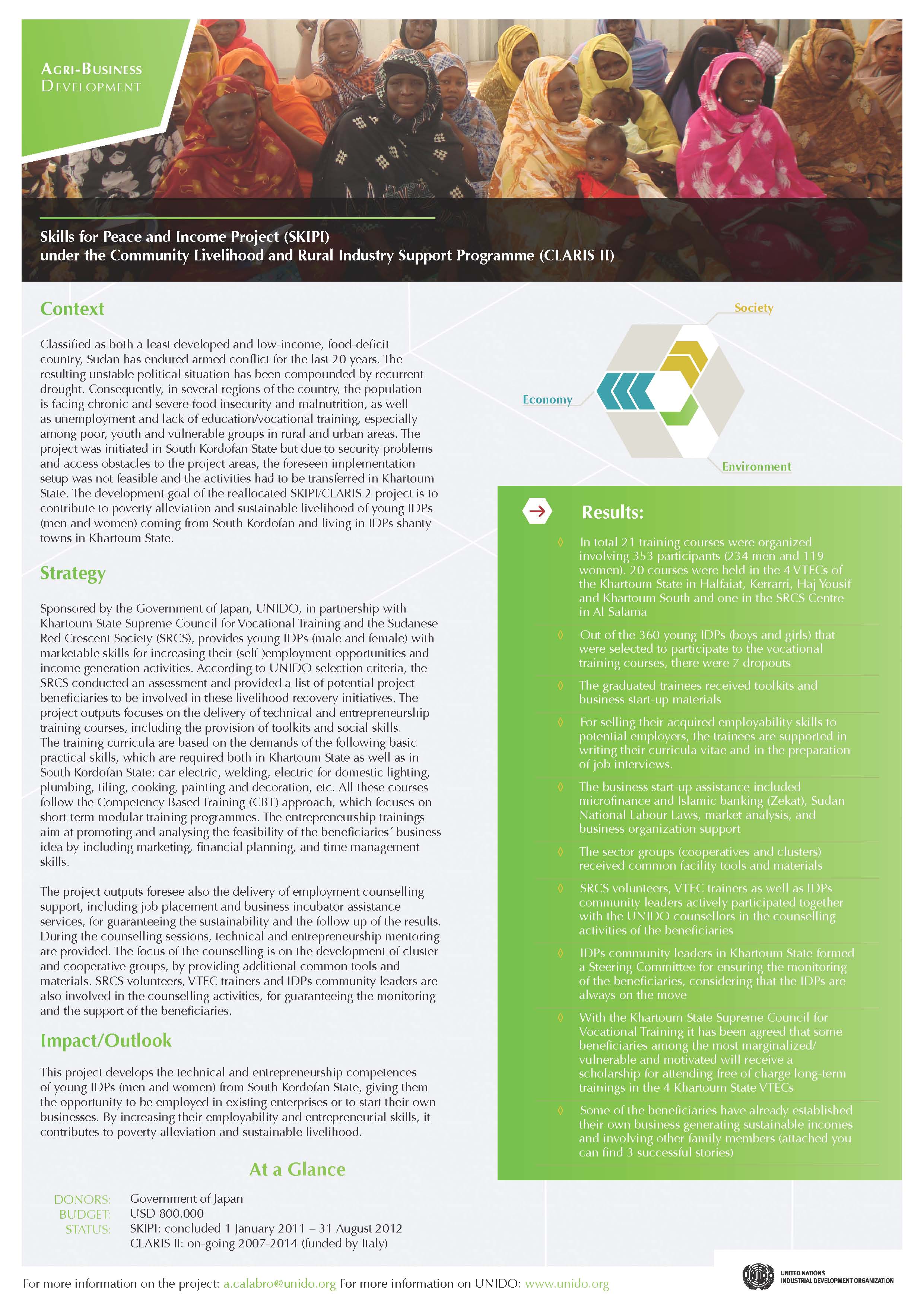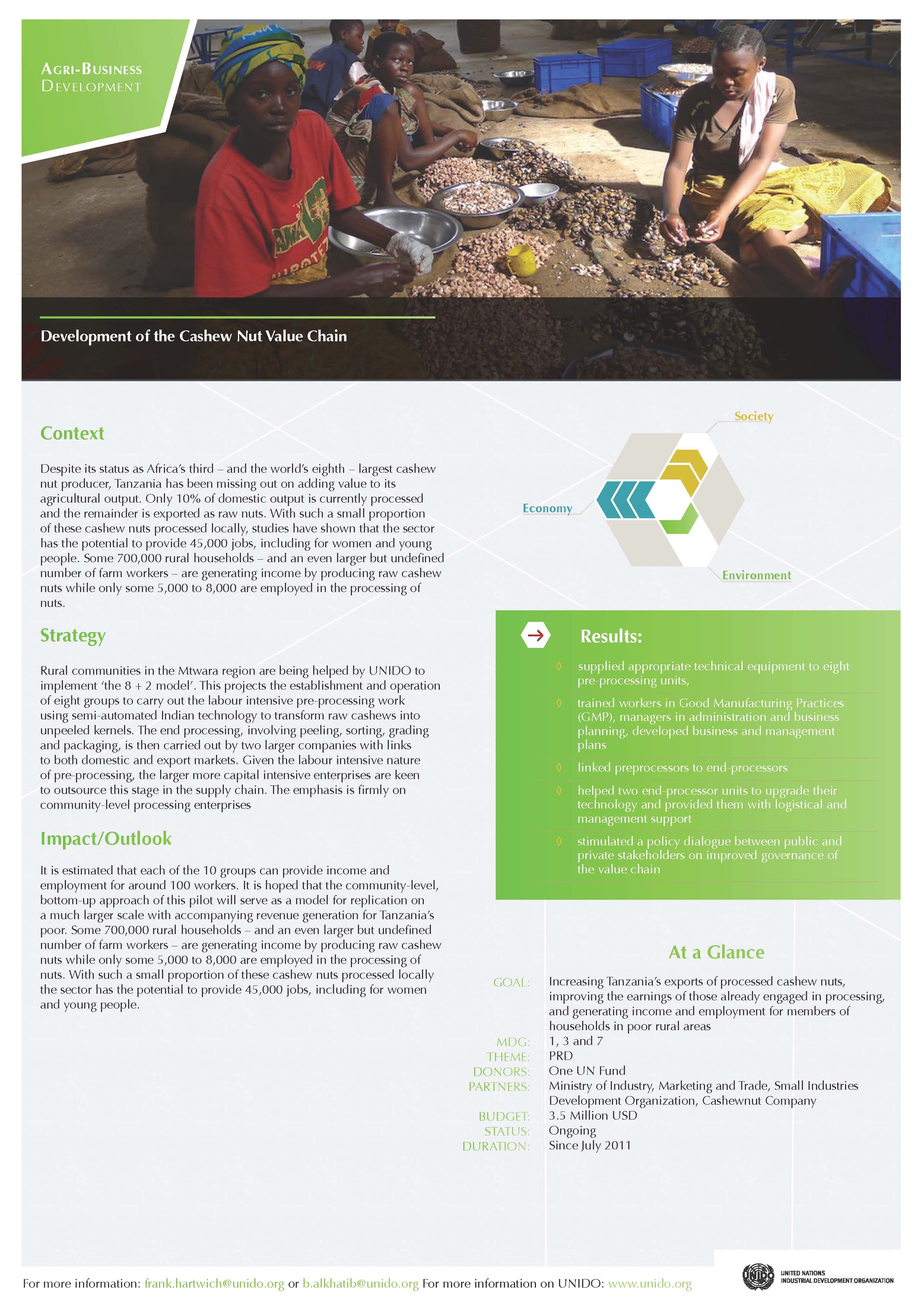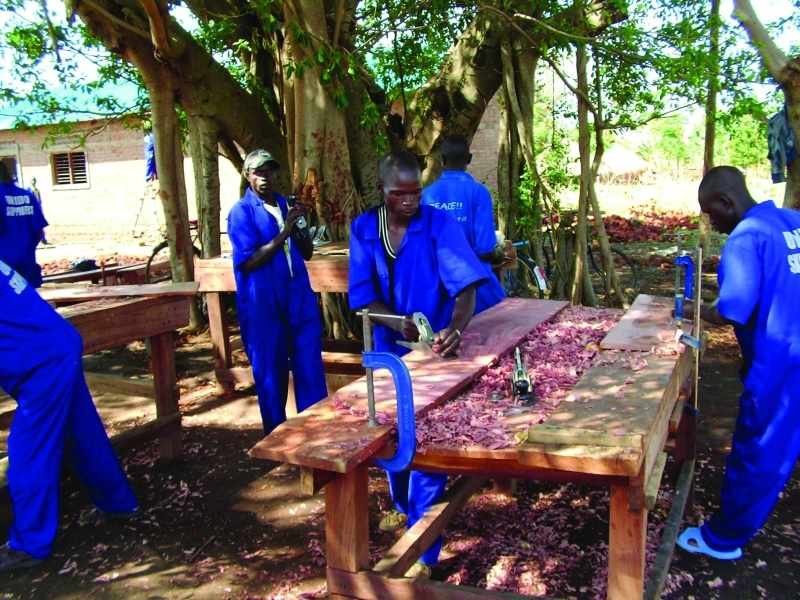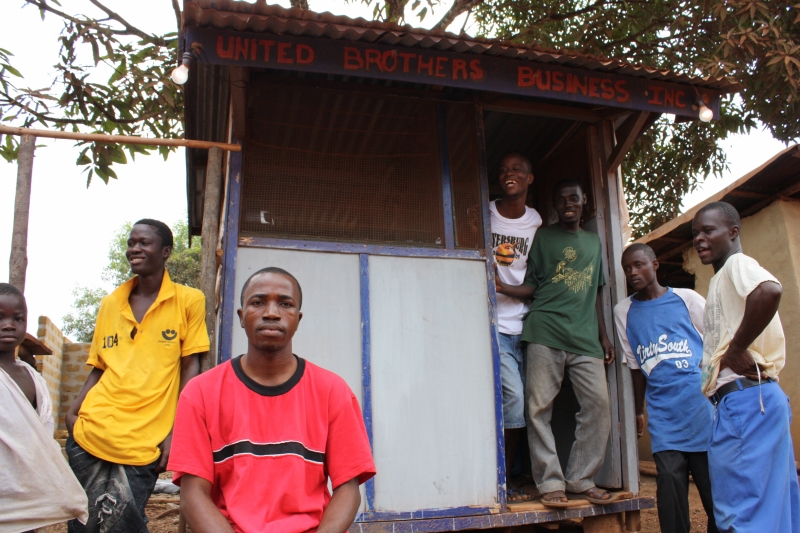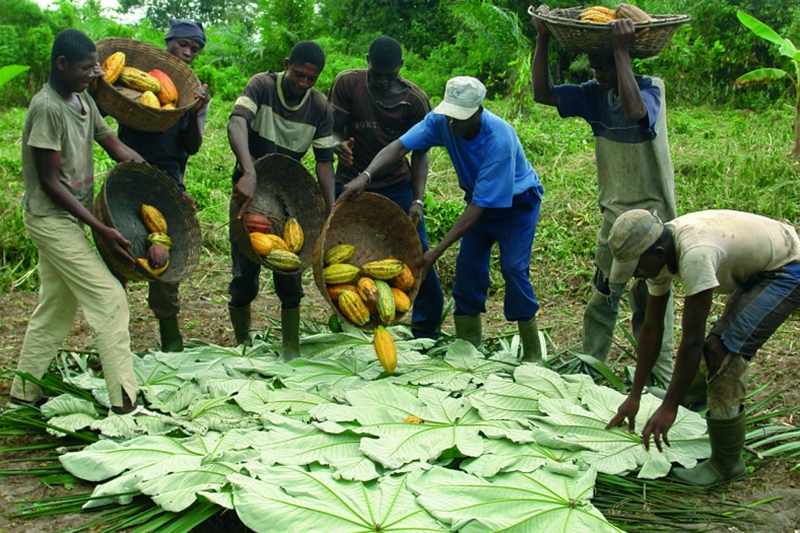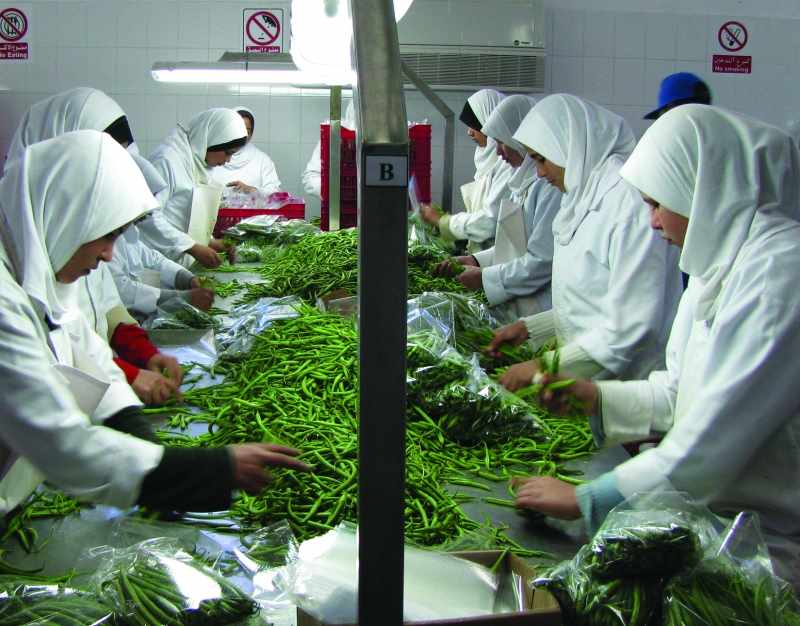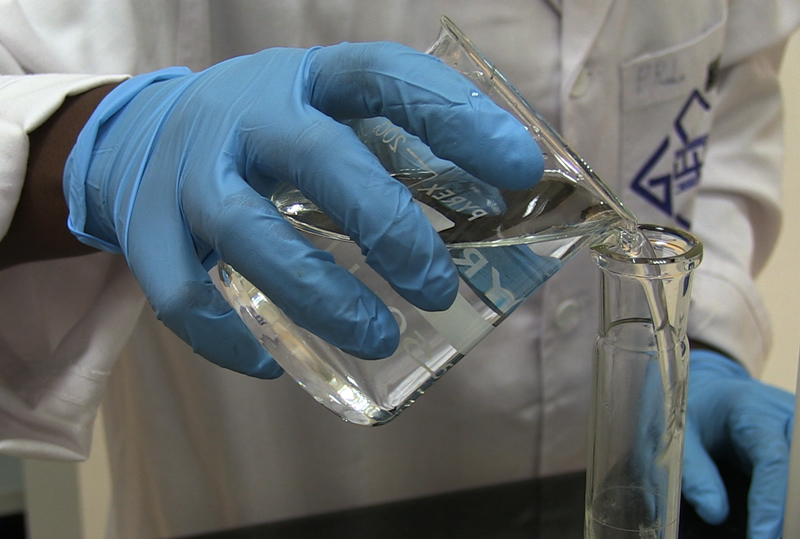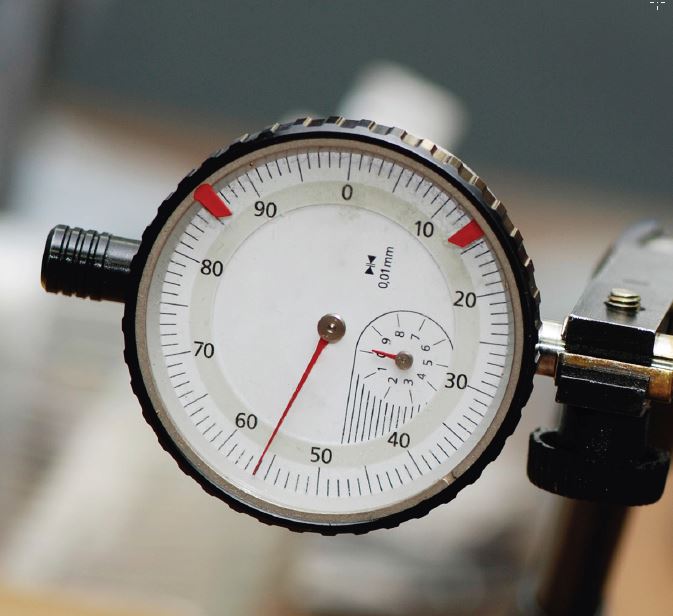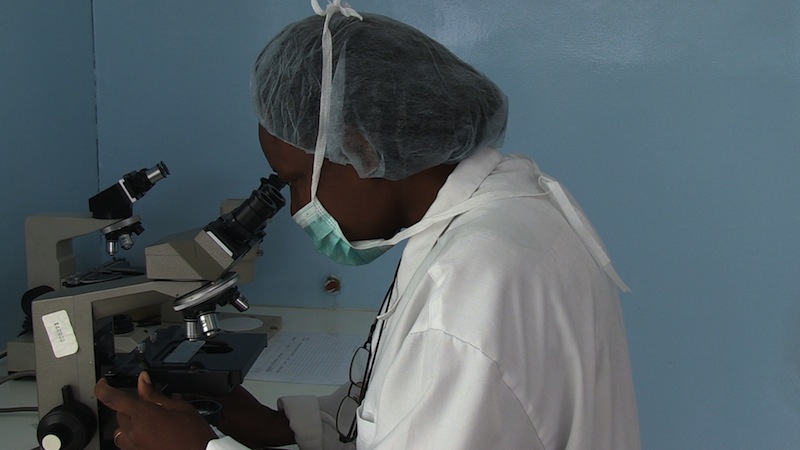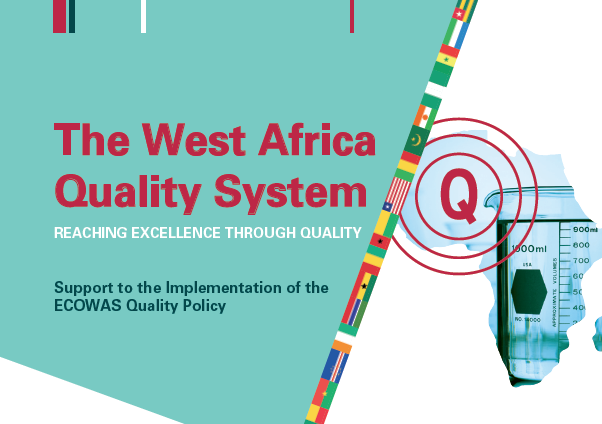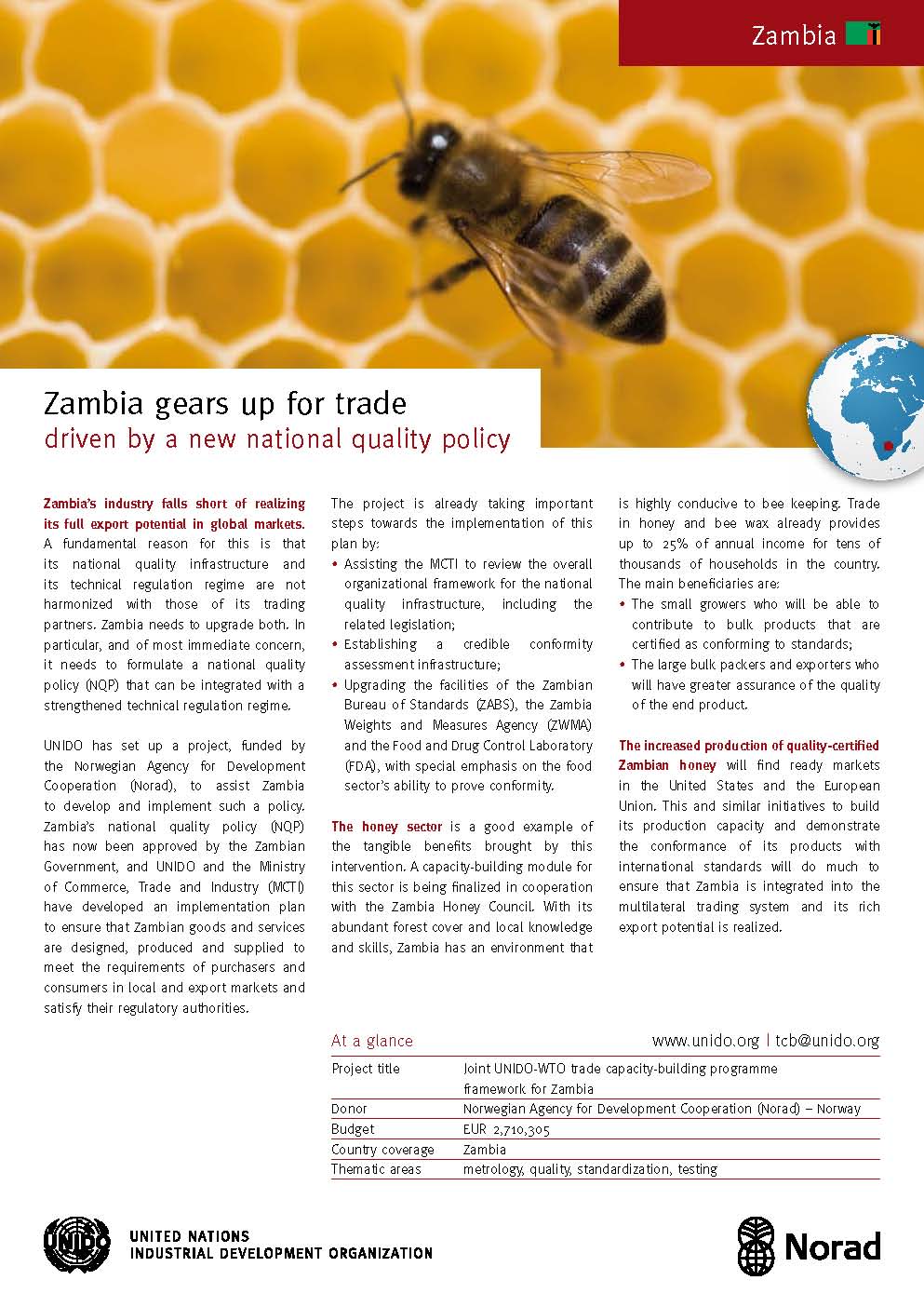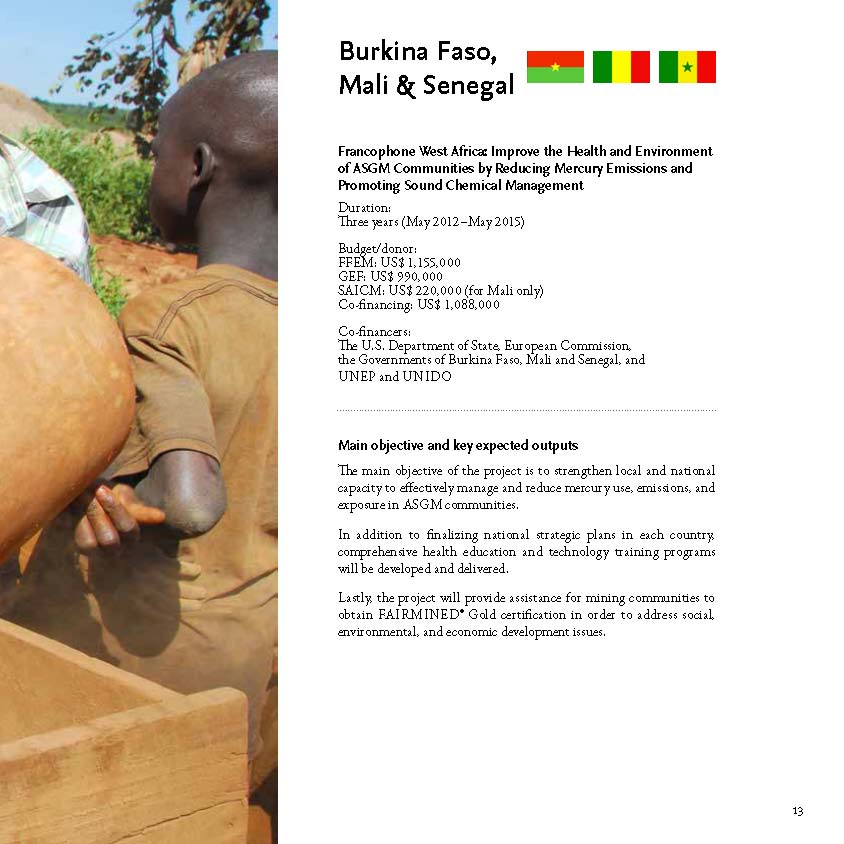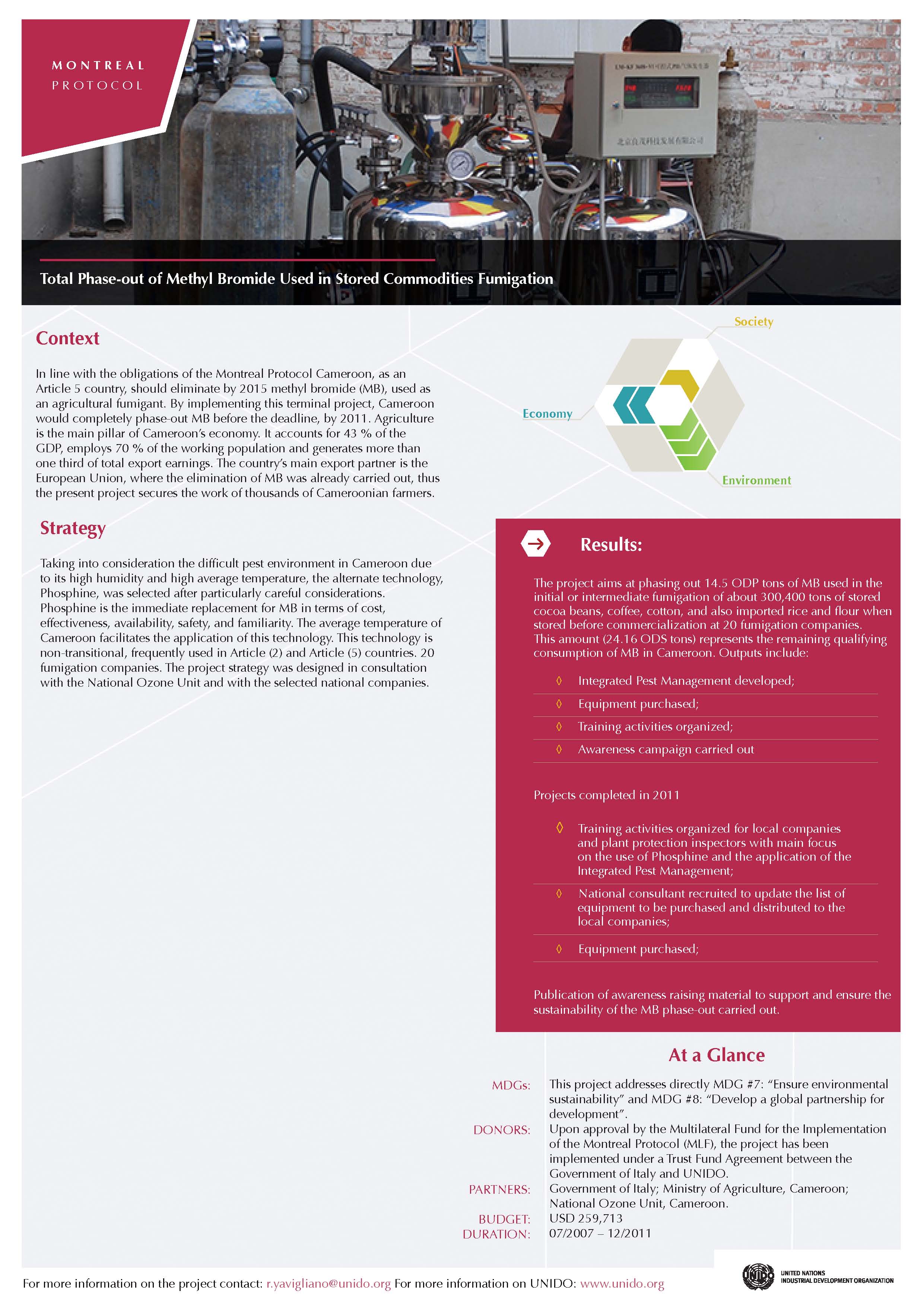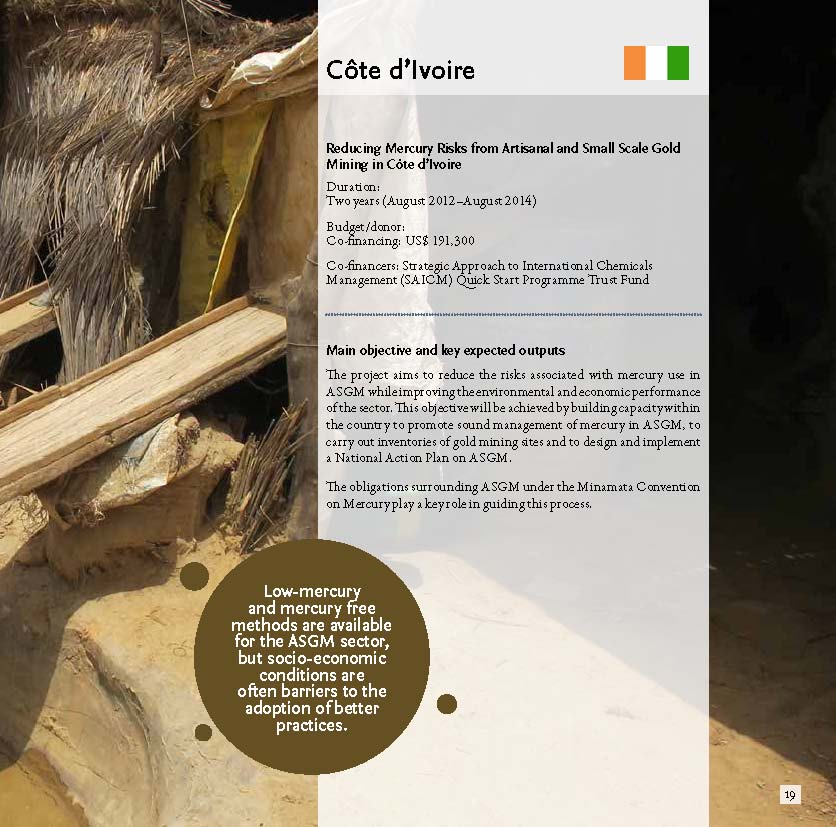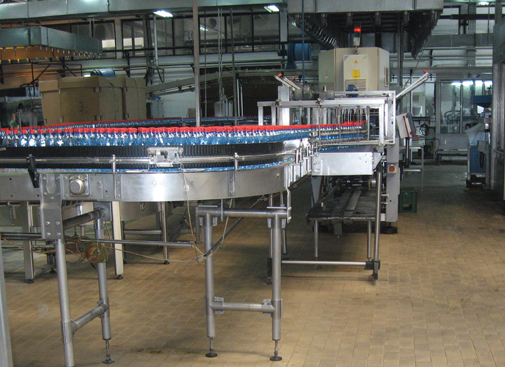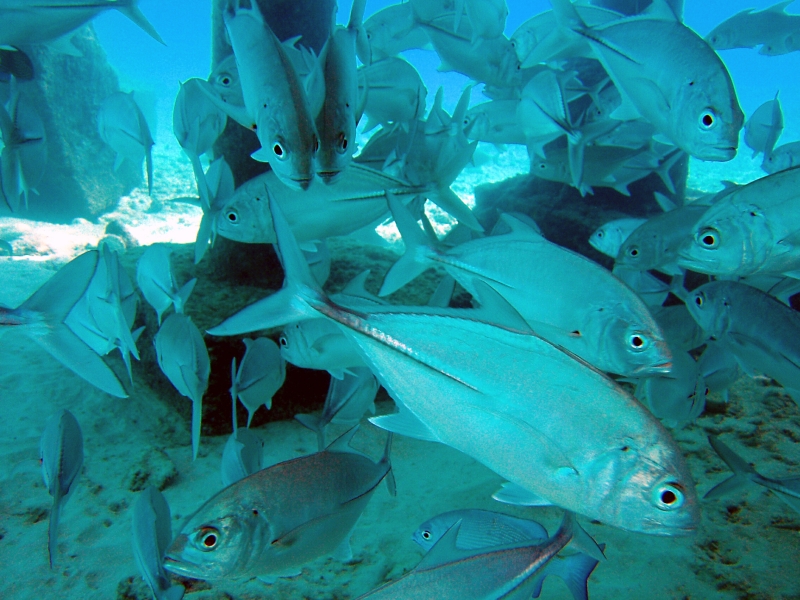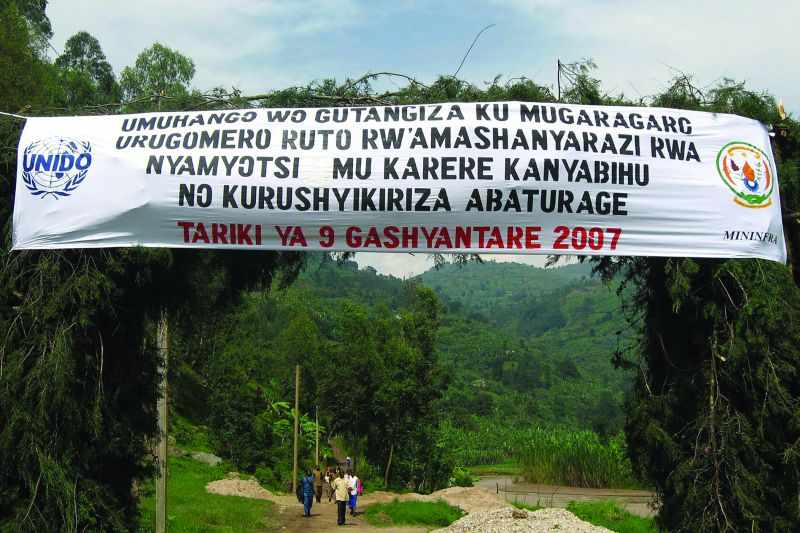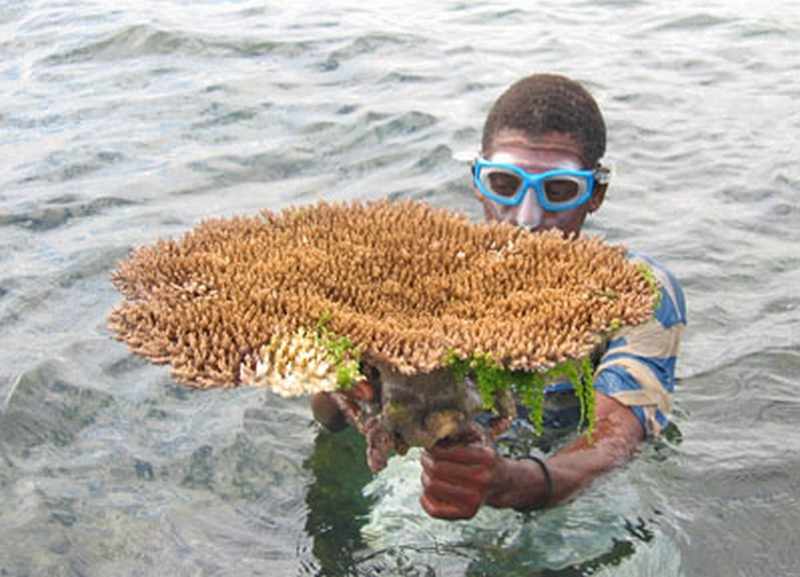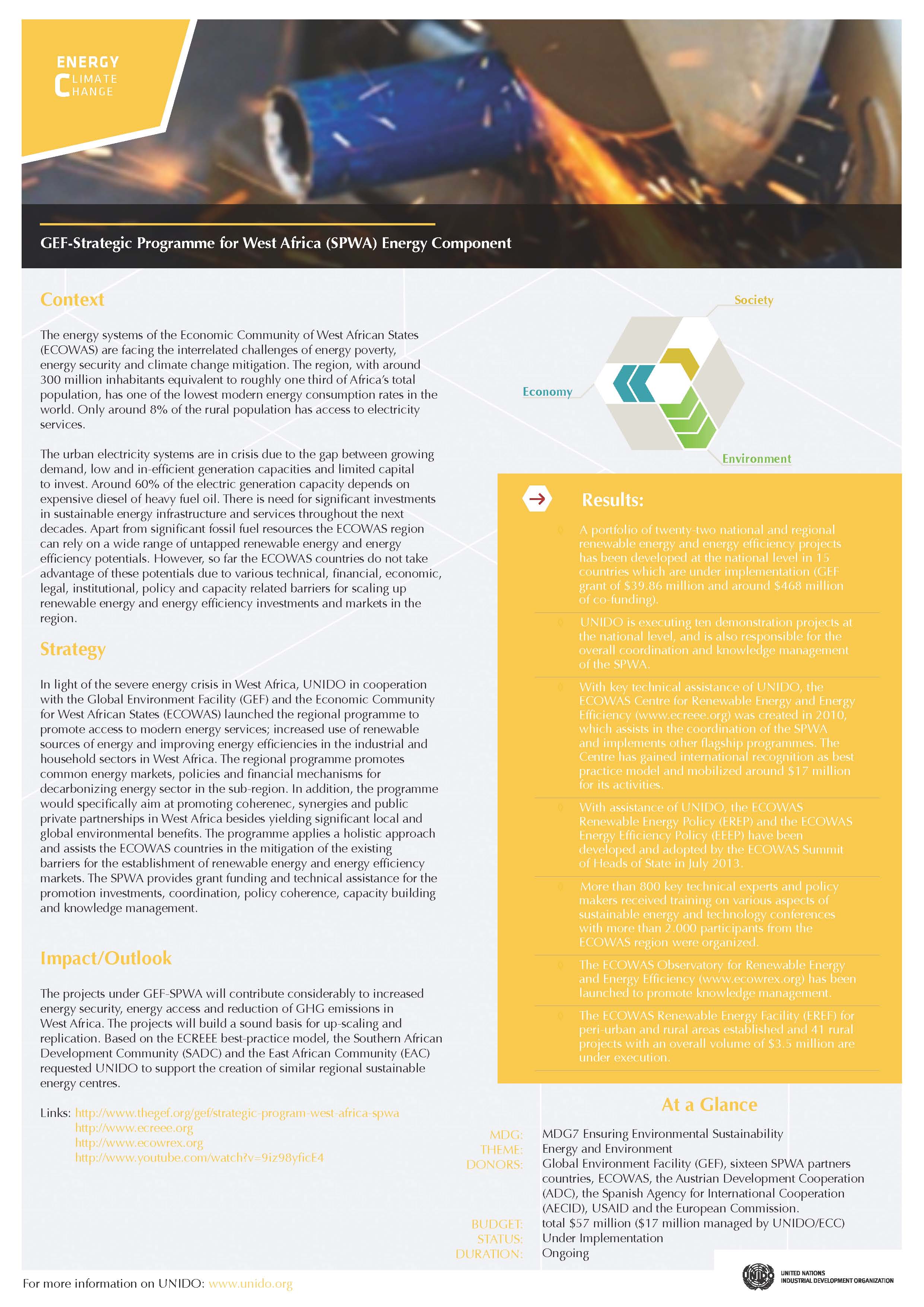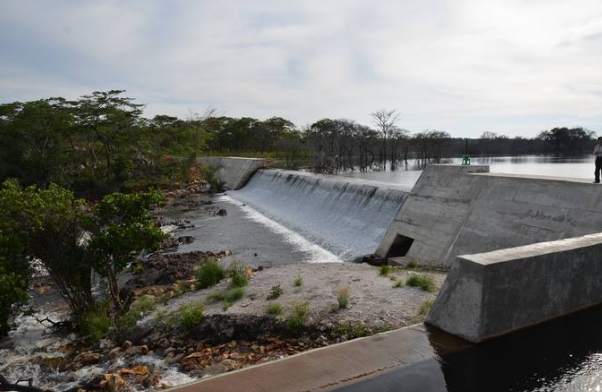A selection of UNIDO field projects within the Organization's three thematic areas: Poverty Reduction through Productive Activities; Trade Capacity-Building; and Environment and Energy.
Poverty Reduction through Productive Activities
Angola - Supporting the Next Generation of Entrepreneurs
In 2010, Chevron contributed funding of $1,000,000 to a partnership initiative to introduce entrepreneurship as a subject in secondary schools in Angola. Supporting the Government of Angola's education reform endeavors, the Entrepreneurship Curriculum Programme aims to develop entrepreneurship skills among young people.
Burkina Faso - Empowering Women Beer Brewers
In a recent partnership with the Ministry of Environment and Sustainable Development and with funding from the Global Environment Fund (GEF), UNIDO is promoting women’s empowerment and clean technologies through a programme that distributes fuel efficient cook stoves in Burkina Faso’s beer brewing sector.
Cape Verde - Promoting growth oriented entrepreneurship
While the small island state Cape Verde is classified as Middle Income Country, it still faces severe vulnerabilities such a s difficult access to water, strong dependence on remittances and foreign aid, growing drug trafficking and crime and poverty in remote islands. The country has 10 islands and a resident population of about 500,000 people, and is characterized by high youth unemployment and low competitiveness.
Ethiopia - Partnering to enhance skills development and youth employment
In collaboration with Volvo, a global company manufacturing heavy duty construction and transport trucks and the Swedish International Development Cooperation Agency (Sida), UNIDO has started a new initiative to establish a training academy for technicians of heavy duty machinery and commercial vehicles.
Ethiopia - Technical assistance project for the upgrading of the Ethiopian leather and leather products industry
At the request of the Ethiopian Government, UNIDO elaborated a Master Plan as the blueprint for what became an Italian-sponsored programme launched in 2009. The impact of this comprehensive UNIDO programme has drawn repeated statements of appreciation from the Government of Ethiopia, and implementation has been extended beyond 2012.
Global - Agribusiness and agro-industrial development
In partnership with other development partners and UN organizations, UNIDO initiated a joint programme (3ADI) in the areas of agribusiness value chains, food security, policies, financing and related trade. The initiative calls for the accelerated development of agribusiness and agro-industries to ensure value addition to agricultural products of developing countries.
Global - Strengthening local production of essential medicines in developing and least developed countries
UNIDO is assisting Ghana, Kenya and Vietnam with the formulation of strategies to develop the local pharmaceutical industries and ways to implement them.
Liberia and Ghana - Reintegration for Liberian returnees through skills training and job creation
In the new phase, where a majority of Liberian refugees have repatriated to Liberia, this project aims at contributing to efforts of the Liberian Government in helping the returnees reintegrate socially and at the same time contribute to the economic recovery of the country. The project will also work closely with another UNIDO intervention, which succeeded an earlier UNIDO refugee project in Ghana.
Malawi - Improving livelihoods of HIV/AIDS-affected households
UNIDO, in collaboration with the Malawian Ministry of Agriculture and Food Security, developed the Salima Agricultural Technology (SATECH) project to secure the socio-economic foundation necessary for livelihood recovery in 17 poor rural communities in the Salima District.
Mali - Shea butter production
In a collaborative effort with the Ministry of Women, the Ministry of Industry and the United Nations Development Programme (UNDP), and with funding from UNIDO and the Government of Luxembourg, UNIDO initiated an entrepreneurship programme to improve the income opportunities of women in the shea sector whilst enhancing the competitiveness of small-scale shea butter producing groups managed by women. Focus is on the Dioila, Ségou and Sikasso regions.
Mozambique - Investing in a new generation
In 2007, with the support of UNIDO and funding from the Government of Norway, the Ministry of Education and Culture introduced the Entrepreneurship Curriculum Programme (ECP) in secondary and vocational schools throughout the country.
Mozambique - Tourism development and associated industries and services
The project has been assisting the provincial and district authorities since 2010 in setting up a district one-stop shop to improve the local business and investment environment. Based on an enterprise survey and in consultation with the various government departments, a solution to unite services needed to start a business was developed and staff were trained to provide a quality service.
Sudan - Recovery of Coastal Livelihoods in the Red Sea State
In order to unleash the economic potential of fishing communities, UNIDO is implementing a project to modernize artisanal fisheries and create new market opportunities in the Red Sea State of Sudan. Funded by the Government of Canada, the project seeks to address the constraints in the sector through a value chain approach.
Sudan - Skills for peace and income
Sponsored by the Government of Japan, UNIDO, in partnership with Khartoum State Supreme Council for Vocational Training and the Sudanese
Red Crescent Society, provides young internally displaced women and men with marketable skills for increasing their (self-) employment opportunities and income generation activities.
Tanzania - Development of the cashew nut value chain
Despite its status as Africa’s third – and the world’s eighth – largest cashew nut producer, Tanzania has been missing out on adding value to its agricultural output. Only 10% of domestic output is currently processed and the remainder is exported as raw nuts. With such a small proportion of these cashew nuts processed locally, studies have shown that the sector has the potential to provide 45,000 jobs, including for women and young people.
Uganda - Skills for peace
With the financial support of the United Nations Trust Fund for Human Security (UNTFHS), UNIDO launched the Skills for Peace and Income (SKIPI) project. The project aimed at facilitating the social and economic re-integration of veterans, former rebels and their families in the post-conflict situation in northern Uganda.
West Africa - Agents of change
The Mano River Union (MRU) countries – Côte d’Ivoire, Guinea, Liberia and Sierra Leone have been hampered by decades of political conflicts, thus denying an entire generation of young men and women access to education and occupational training.
Trade Capacity-Building
Côte d'Ivoire - Safer cocoa and coffee beans for export markets
With funds from the European Union, UNIDO assisted the Ministry of Agriculture of Côte d’Ivoire in adapting an internationally acceptable analysis of coffee and cacao beans.
Egypt - Trace me back
UNIDO established the Egyptian Traceability Centre for Agro-Industrial exports (ETRACE), funded under an Italian-Egyptian Debt-for-Development Swap programme, to make Egyptian agro-industrial export safer, more competitive and compliant with stringent market standards and regulations.
Ghana - Sustainable development through agro-industry
UNIDO, with funding from the State Secretariat for Economic Affairs (SECO), is deploying several important initiatives to assist Ghana in selected agro-based sectors.
Malawi - Development of a robust standardization, quality
assurance, accreditation and metrology infrastructure
The objective of the project is to strengthen the overall national quality conformity assessment infrastructure and integrate it into the international quality infrastructure. The project will focus on assisting agro-based producers and organizations in achieving relevant certification for selected products and increasing income for smallholder farmers.
Nigeria - Trust for trade
With financial support of €12 million from the European Union (EU), UNIDO assists the Federal Government of Nigeria (FGN) in implementing its strategic framework, vision 20:2020 and transformation agenda, with the aim of developing policies and measures to improve competitiveness and diversification in the non-oil-related sectors of the economy.
West Africa - The West Africa Quality System
Thanks to the recently adopted quality policy of the ECOWAS and its related quality infrastructure scheme, the programme will support the ECOWAS Commission and the 16 West African countries in strengthening their quality infrastructure for greater effectiveness, leading to enhanced competitiveness and better intra- and inter-regional trade participation.
Zambia gears up for trade driven by a new national quality policy
Zambia’s industry falls short of realizing its full export potential in global markets. A fundamental reason for this is that its national quality infrastructure and its technical regulation regime are not harmonized with those of its trading partners. Zambia needs to upgrade both.
Environment and Energy
Burkina Faso, Mali and Senegal - Francophone West Africa
Improve the Health and Environment of ASGM Communities by Reducing Mercury Emissions and Promoting Sound Chemical Management
Cameroon - Total Phase-out of Methyl Bromide Used in Stored Commodities Fumigation
The project aims at phasing out 14.5 ODP tons of MB used in the initial or intermediate fumigation of about 300,400 tons of stored cocoa beans, coffee, cotton, and also imported rice and flour when stored before commercialization at 20 fumigation companies. This amount (24.16 ODS tons) represents the remaining qualifying consumption of MB in Cameroon.
Côte d’Ivoire - Reducing Mercury Risks from Artisanal and Small Scale Gold Mining
The project aims to reduce the risks associated with mercury use in ASGM while improving the environmental and economic performance of the sector.
Global - Chemical Leasing: Redefining the Sustainable Management of Chemicals
Chemical Leasing is service-orientated business model that adopts a multi-stakeholder approach to promote the sound and efficient management of chemicals throughout their life-cycle. UNIDO, with the direct support of the governments of Austria and Germany, has been pioneering Chemical Leasing in developing countries and transition economies since 2004. Download the factsheet, which takes a closer look at how Chemical Leasing brings about a win-win situation for the chemical supplier and the chemical user, as well as the environment.
Guinea Current - Turning the tide
UNIDO, in cooperation with the United Nations Development Programme (UNDP), the United Nations Environment Programme (UNEP), the New Partnership for Africa’s Development (NEPAD), developed a strategic action programme for the Guinea Current Large Marine Ecosystem.
Rwanda - Energy access for rural communities
UNIDO, in cooperation with the Rwanda Ministry of Infrastructure, has implemented a project to promote renewable-based energy development for productive uses. The aim of the project is to contribute to poverty alleviation and economic growth by providing access to affordable modern energy in rural areas.
South Mediterranean region - Greening industries along the Mediterranean Sea
UNIDO is assisting Egypt, Morocco and Tunisia to adopt environmentally sound technology, tackling highly polluted sea water as a result of land-based activities.
sub-Saharan Africa - Ecotourism
Together with the United Nations Environment Programme (UNEP) and the World Tourism Organization (UNWTO), UNIDO aims to reduce the degradation of coastal and marine environments and to enhance sustainability. The project is being implemented in Cameroon, Gambia, Ghana, Kenya, Mozambique, Nigeria, Senegal, Seychelles and the United Republic of Tanzania.
West Africa - GEF-Strategic Programme for West Africa
In light of the severe energy crisis in West Africa, and in cooperation with the Global Environment Facility (GEF) and the Economic Community for West African States (ECOWAS), UNIDO launched the regional programme to promote access to modern energy services, increase the use of renewable sources of energy and improve energy efficiency in the industrial and household sectors in West Africa.
Zambia - Mini-grids
Zambia is facing significant energy challenges due to the lack of extensive national grid coverage. The biggest challenge is to be faced in rural areas, where only 3% of the population is connected to the national power grid and where the supply of power is predominately serviced by diesel generators.
